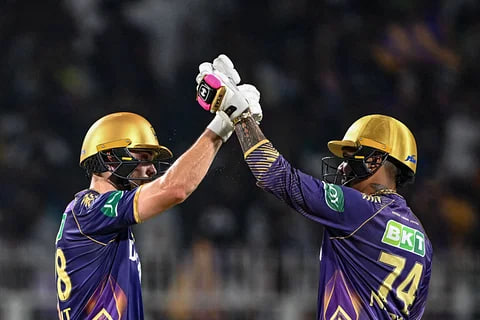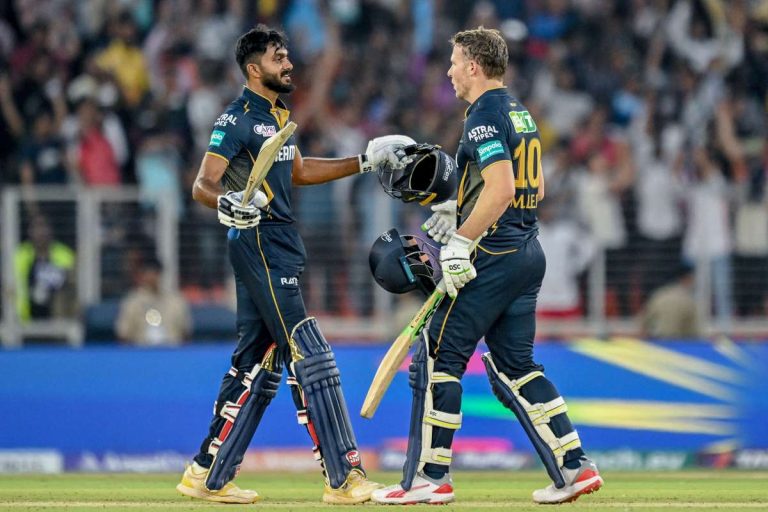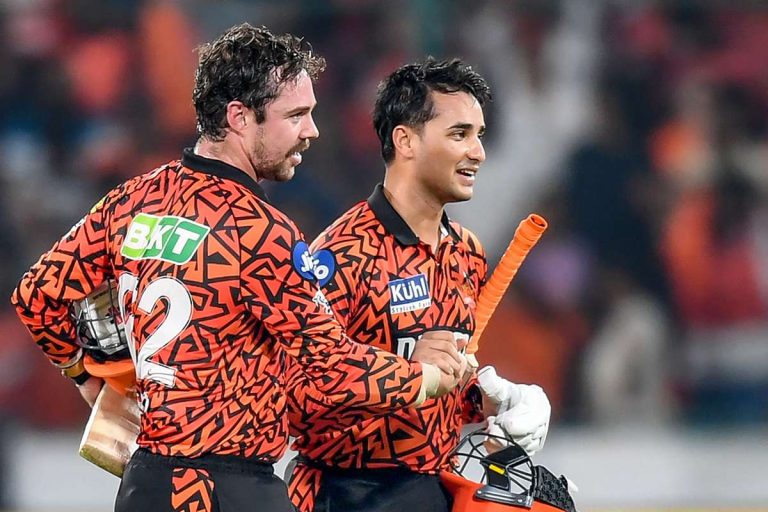Fall From Grace: West Indies Cricketer Devon Thomas Banned for Match-Fixing
The cricketing world was rocked on Thursday by the news of West Indies batsman Devon Thomas’ five-year ban for breaching anti-corruption regulations. This isn’t just the story of a player’s downfall; it’s a cautionary tale about the insidious nature of match-fixing and the ICC’s unwavering commitment to maintaining the integrity of the sport.
A Promising Career Cut Short
Thomas, a 34-year-old all-rounder who occasionally donned the wicketkeeping gloves, had a decent career spanning over a decade. Having debuted in 2009, he donned the maroon cap 34 times across all formats – 21 ODIs, 12 T20Is, and even a solitary Test appearance against Australia in 2022. While not a mainstay, he carved a niche for himself as a consistent performer in domestic cricket and franchise leagues.
This ban, however, shatters his cricketing legacy and throws a dark cloud over his achievements.
The Offenses and Their Severity
The International Cricket Council (ICC) revealed that Thomas admitted to a staggering seven breaches of anti-corruption regulations. These transgressions occurred across three prestigious tournaments: the Caribbean Premier League (CPL), the Lanka Premier League (LPL), and the Abu Dhabi T10.
The most concerning offence involved Thomas’ admission to attempting to fix matches in the Lanka Premier League. Match-fixing, the deliberate manipulation of a game’s outcome for betting purposes, is a cancer on sports. It not only undermines the competitive spirit but also defrauds fans and destroys the very essence of fair play.
The remaining violations involved Thomas’ failure to report approaches from individuals attempting to lure him into corrupt activities. This silence, even in the absence of direct participation, allows match-fixing to flourish. Players are obligated to report any such approaches to the authorities, ensuring swift action and safeguarding the sport’s integrity.
A Breach of Trust and Responsibility
The ICC, through its Anti-Corruption Unit, has consistently strived to educate players on their responsibilities in upholding the game’s spirit. Alex Marshall, the unit’s general manager, emphasized that Thomas, having participated in international and domestic leagues, had undergone numerous anti-corruption training sessions.
This makes Thomas’ offences even more egregious. He was well aware of his obligations but chose to disregard them, jeopardizing the sanctity of the sport across three different leagues.
A Strong Message Sent
The ICC’s decision to ban Thomas for five years, with 18 months suspended, sends a powerful message. It demonstrates the organization’s unwavering commitment to combating corruption and its willingness to hold players accountable, regardless of their stature or experience. This ban serves as a deterrent, reminding players that any involvement in corrupt activities will have severe consequences.
Beyond the Ban: Protecting the Game
While the ban serves as a necessary punishment, the fight against match-fixing demands a multi-pronged approach. The ICC, along with national cricket boards and franchise leagues, needs to continue robust anti-corruption education for players and staff. Additionally, robust player monitoring systems and improved intelligence gathering are crucial to identify and dismantle potential fixing attempts.
Furthermore, fostering a culture of zero tolerance for corruption within the cricketing fraternity is essential. Players, officials, and fans alike need to understand the gravity of match-fixing and collectively work to safeguard the sport’s integrity.
The Devon Thomas episode serves as a stark reminder of the constant threat posed by match-fixing. However, it also highlights the ICC’s commitment to protecting the sport. By working together, players, administrators, and fans can ensure that cricket continues to be a beacon of fair play and sporting excellence.






